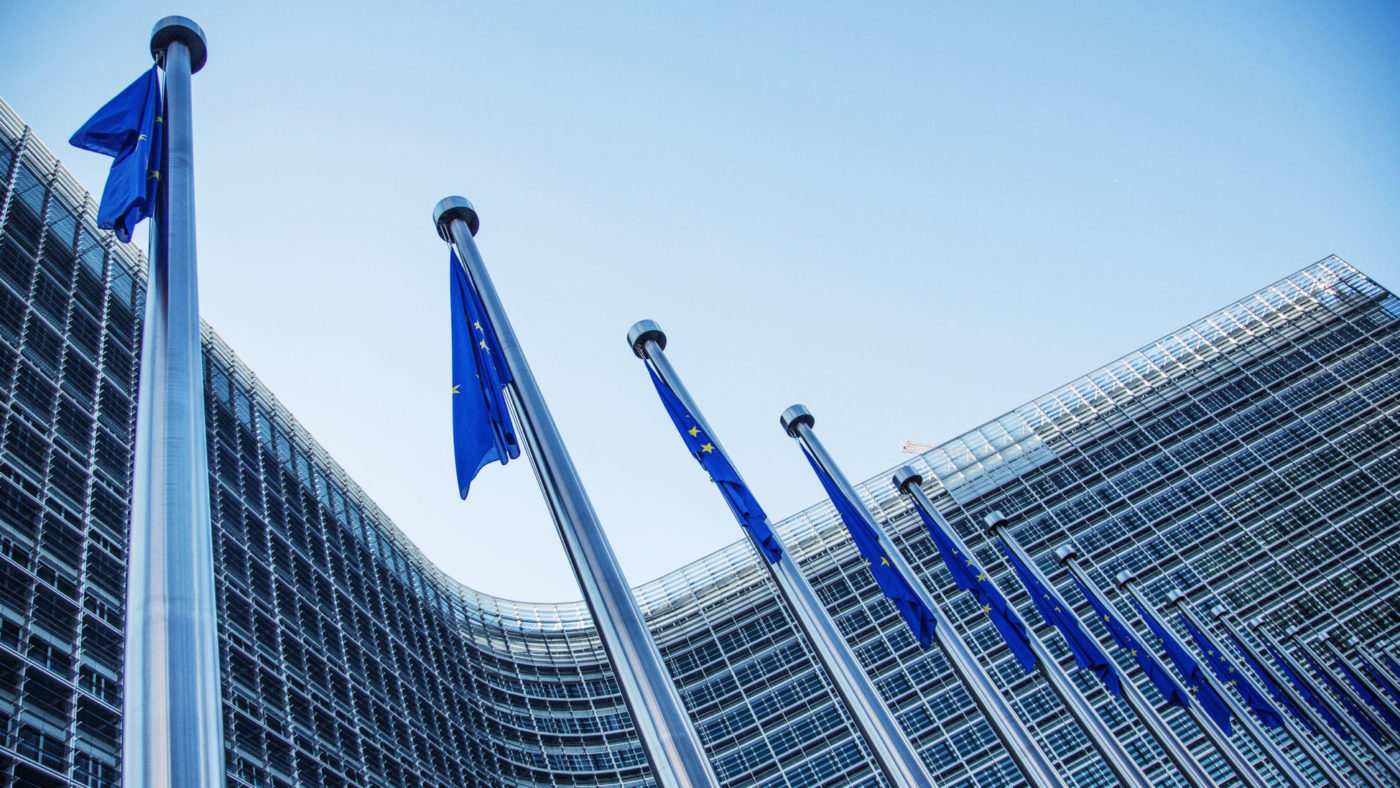This week’s revelations about Cambridge Analytica and Facebook’s alleged data breach — the subject of several great pieces on CapX — could hardly have come at a better time for Brussels officials unveiling the EU’s latest stick with which it plans to beat big tech.
The proposed EU tech tax will be a 3 per cent levy on companies’ revenue and is designed as an interim measure until a better way to tax the digital economy is devised. The new rules, boasts the Commission, “would make the EU a global leader in designing tax laws fit for the modern economy and the digital age” and are expected to deliver an annual windfall of €5bn.
The tax’s design makes it look a lot like a charge not just on success — with only very large firms needing to cough up — but foreign success in particular. According to the Commission’s own estimates, two-thirds of the companies hit will be from outside the EU. Half of the affected firms are American, foremost among them the big four of Facebook, Amazon, Google and Apple.
For that reason, a negative consequence of the proposal will be to worsen economic relations between Europe and the United States at a time when those hoping to avoid a trade war need to create as much economic goodwill as possible.
It isn’t just tax. The EU’s attitude to new technology is defined by an aversion to risk that makes it hard to imagine Europe will be at the crest of the next wave of digital innovation. Just look at the precautionary principle, which has become a shield with which Brussels defends vested interests rather than doing what is necessary to keep European consumers safe. Then there’s GDPR, the EU’s overhaul of data rules that threatens to cement the tech giants’ positions of power.
Or take artificial intelligence. On Politico this week, Bruno Maçães took the EU to task for its hopelessly lacklustre and excessively cautious approach to AI. Asked to comment on a draft of the Commission’s AI strategy, his “initial assessment is that it has almost nothing to do with reality”.
The EU’s strategy, he says, “is organised around three concerns: the need to boost Europe’s AI capacity, ethical issues and social challenges. Unfortunately, even the first dimension quickly turns out to be about ‘European values’ and the need to place ‘the human’ at the centre of AI.”
The strategy’s centrepiece is a Charter on AI Ethics and rather than aiming for the EU to take a global lead on AI technology, aims for the EU to “position itself as a leader in the international reflection on AI.”
Needless to say, China and America are, in their own ways, rather more ambitious.
Thankfully, technological innovation does not depend on what happens in the Commission’s headquarters. But insofar as the people who fill that building and others like it have a say in what the future will look like, the EU looks determined to create about as stultifying environment as it can get away with.
In other words, there is a choice: you can either have the sort of government which, like the Commission, prides itself on being a world leader in designing tax laws to catch tech giants and reflecting on AI, or you can have a government which prides itself on the creation of tech giants in its jurisdiction and being a world leader in actual robots, not just thinking about robots.
When it comes to worrying about the economic consequences of Brexit, a huge amount of attention goes to maintaining industries that are living (finance) and, as we were reminded by the fishermen protesting on the Thames this week, reviving industries that are all but dead. Almost no thought is put into those that are yet to be born.
The Commission’s neo-Luddism is one of things Britain will miss the least after its departure. But the British government must do more to demonstrate that, when it comes to the technologies that will make or break our economic future, it is in the business of opportunity maximisation, not risk management.
Signalling a radical departure from the EU’s suffocating instincts on tech would be a good way to start.
This article is taken from CapX’s Weekly Briefing email. Sign up here.


